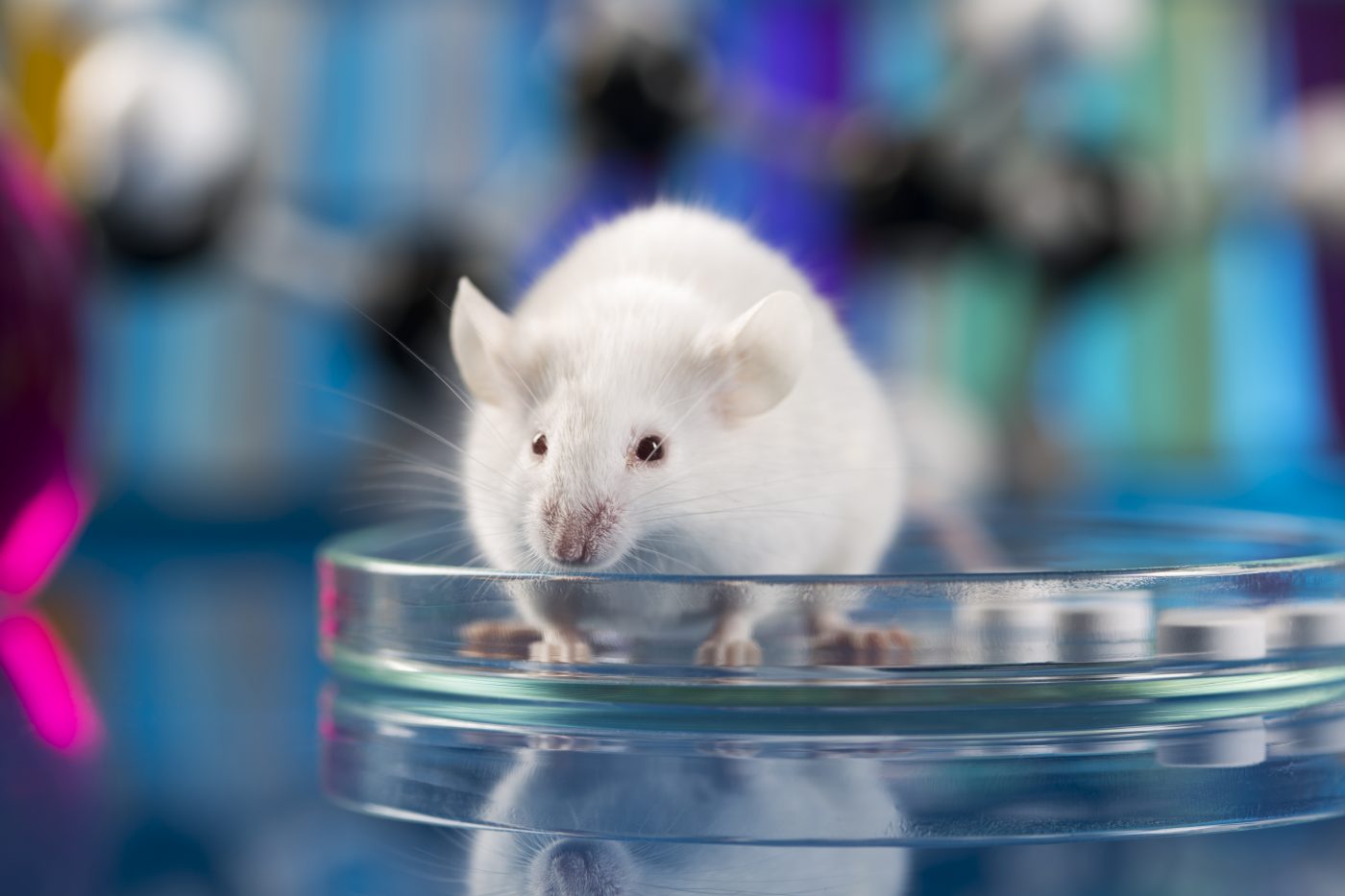Cymerus MSCs Seen to Ease IPF Symptoms in Mouse Model of Disease

Using Cymerus mesenchymal stem cells (MSCs) to treat idiopathic pulmonary fibrosis (IPF) resulted in dramatic reductions in IPF symptoms and significant improvements in lung functionality in an animal model of the disease, Cynata Therapeutics, the company developing this stem cell therapy, reported.
These findings support the potential of Cymerus MSCs to ease two key symptoms of IPF: inflammation and fibrosis (scarring) of the lung. Similar benefits were also observed earlier in models of asthma.
“These results are extremely encouraging,” Chrishan Samuel, PhD, a professor at Monash University who led the study, said in a press release. “While they are very consistent with our previous studies of these cells in a model of asthma, it was important to confirm that the potent anti-inflammatory and anti-fibrotic effects of Cymerus MSCs would be replicated in IPF, which is a disease with very different [mechanisms].”
MSCs have shown potential as a means of treating IPF. These cells are naturally found in a range of human tissues, such as umbilical cord, bone marrow, and fat tissue, and they can differentiate into cartilage, bone, and fat tissue cells.
The main interest of MSCs in IPF, however, resides in their regenerative and immunomodulatory effects. MSCs not only reduce inflammation, they also secrete signaling molecules and growth factors that create a suitable environment for tissue repair.
MSCs also do not cause immune reactions when transplanted into other people, meaning that patients can receive MSCs from unmatched donors.
Traditionally, MSCs are isolated from donors and expanded in the lab before being infused to patients. But only a relatively small amount of cells can be obtained in each donation, and MSCs cannot be expanded indefinitely in culture, so a continuous supply of donors is needed to maintain their production.
Cynata Therapeutics, which specializes in MSC-based products, reports having overcome this limitation by producing MSCs from engineered stem cells that are immortal, and can be expanded infinitely.
The kind of stem cells used in this process are called induced pluripotent stem cells (iPSCs) and, much like embryonic stem cells, can give rise to any type of human cell. An advantage to embryonic stem cells is that iPSCs can be generated from blood or skin cells, the company reports on its webpage.
Cymerus MSC treatment was seen in the preclinical work reported to have significantly eased manifestations of IPF in a bleomycin-induced mouse model, an established animal model for this disease.
After several weeks of bleomycin exposure, the mice showed a 40% decrease in dynamic lung compliance, a measure of the lung’s elasticity.
When Cymerus MSCs were administered, either as a single dose at week three or as a double dose at weeks three and four, dynamic lung compliance fell to 15% reduction from baseline (pre-treatment measure), a significant improvement, the company reported.
Cymerus MSCs were also found to reduce inflammation, lung fibrosis, lung tissue thickness, and resistance to airflow, all common signs of IPF.
Results of this early study are expected to be published in a scientific journal, Samuel said.
“These latest results with Cymerus MSCs add to the large body of evidence on the potency of these cells and their potential utility in treating a wide range of devastating diseases,” said Kilian Kelly, PhD, chief operating officer of Cynata. “IPF represents an enormous unmet medical need, as existing treatment options have only modest effects on disease progression and survival rates.”
Cymerus MSCs are also being investigated as a treatment for complications due to COVID-19, graft versus host disease, osteoarthritis, diabetic wounds, sepsis, and acute respiratory distress syndrome (ARDS), among others, the company reports.






